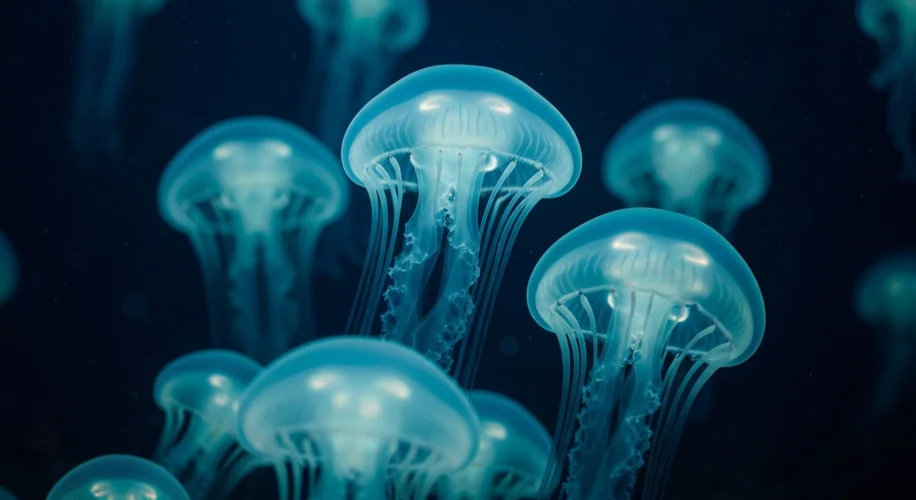It’s deeply saddening to hear about the recent deaths linked to oysters from Louisiana, a result of infection by Vibrio vulnificus. This bacteria, often called ‘flesh-eating,’ thrives in warm coastal waters, and sadly, its presence seems to be increasing.
What is Vibrio vulnificus?
Vibrio vulnificus is a bacterium naturally found in certain coastal environments, particularly in warmer months. It’s not a new organism, but its prevalence and the associated risks appear to be on the rise. For most healthy individuals, exposure might cause mild gastrointestinal issues. However, for those with underlying health conditions, especially liver disease or weakened immune systems, infection can be severe and life-threatening.
The Climate Connection
Scientists are pointing to climate change as a significant factor in the increase of Vibrio cases. As ocean temperatures warm, the bacteria find more hospitable environments to multiply. This means that waters previously too cool to support significant populations of Vibrio might now become breeding grounds.
This is a clear example of how shifting environmental conditions can have direct impacts on public health. The ecosystems we rely on for food are changing, and we need to be aware of these new risks.
How to Protect Yourself
Given this trend, it’s important to be informed and take precautions, especially if you enjoy seafood:
- Cook Oysters Thoroughly: This is the most effective way to kill the bacteria. Avoid eating raw or undercooked oysters.
- Avoid Cross-Contamination: If you’re preparing raw seafood, wash your hands, cutting boards, and utensils thoroughly with soap and water afterward.
- Be Cautious with Wounds: If you have an open wound, cut, or scrape, avoid contact with warm coastal waters, as the bacteria can enter through the skin.
- Know Your Risk: If you have a chronic liver condition or a weakened immune system, it’s especially important to be vigilant about these risks.
It’s a complex issue, but by understanding the science and taking simple, sensible steps, we can better navigate the challenges presented by our changing environment. Our oceans are beautiful and vital, and staying informed helps us enjoy them and the bounty they provide more safely.

